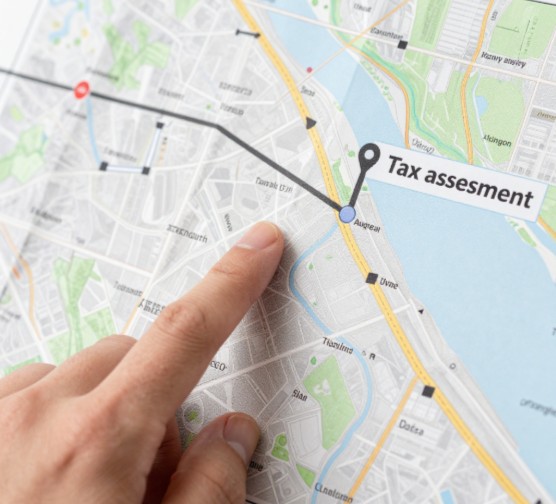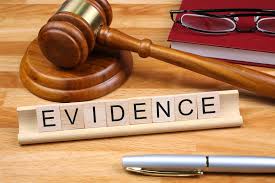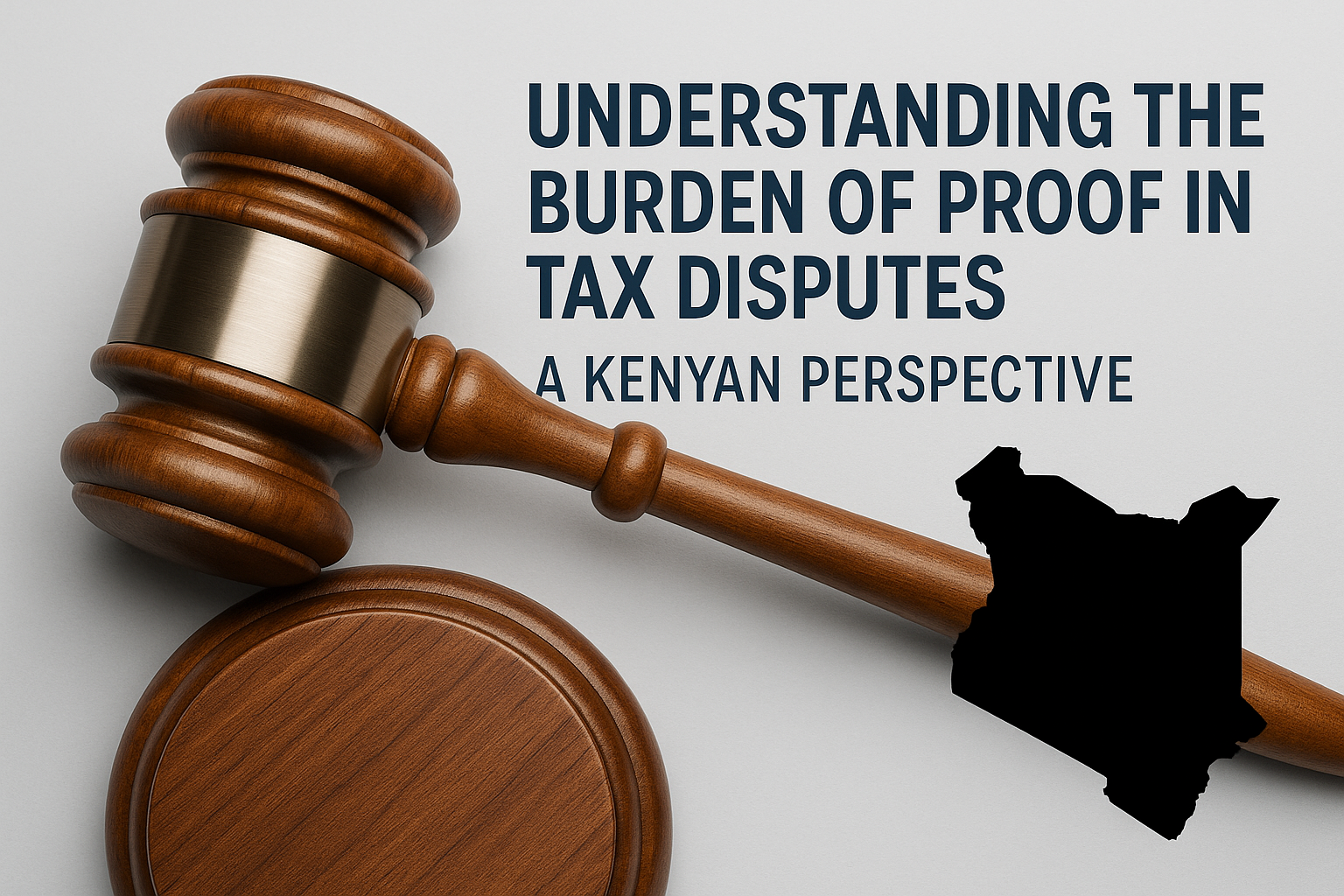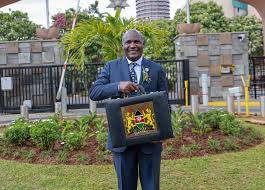In African societies, one does not wait for the visitors to come home to start sweeping the house and the compound. One is expected to continuously sweep and keep the compound clean.
Likewise, with tax matters, one should not wait for KRA or any other tax authority to come calling so that they comply with the tax laws.
A taxpayer will one time or other be visited by officers from the tax authority. The following are some of the steps that a taxpayer can take before that visit.
1) Learn taxation
Though tax may not be the core business in the taxpayer’s operations, the taxpayer needs to be knowledgeable about tax. The KRA has made taxpayer sensitization a very key theme; take time to understand the policy framework, key taxes affecting you and basic operations on itax.
Tax is the business of a taxpayer. The taxpayer may not be an expert but they should be aware of what they are expected to do. It is the taxpayer who pays the fines, penalties and interest.
2) Maintain proper tax records
Tax laws require that taxpayers maintain tax records and documents that relate to the business of tax. Before a taxpayer is visited for any tax audit, they should ensure that they maintain all the required tax documents for the specified periods.
3) Comply with tax laws
Tax compliance is about complying with the necessary tax laws in the country. The taxpayer must ensure that they are tax compliant way before they are visited by the tax authority for tax audits. The process of tax audit is an audit of tax compliance.
4) Occasionally undertake tax health checks
Human beings are advised to occasionally undergo health checks even though they are not ailing. Taxpayers too are advised to occasionally conduct a tax health check to ensure their businesses are tax compliant.
A tax health check can be equated to a tax audit by the tax authority only that it is not conducted by officers from the tax authority. Tax health checks are conducted by tax experts such as tax advisors, tax accountants, tax lawyers etc.
5) Engage tax experts
Every taxpayer has their core business which is not (in most cases) tax. A taxpayer may require tax experts whose core business is tax to handle their tax affairs. Some of the tax experts are tax consultants, tax accountants, tax lawyers etc.
The tax experts analyze the taxpayer’s tax system and provide the required advice. The taxpayer should be in constant contact with the tax experts for any queries.
A tax audit is not a one off exercise but a process. Any tax audit requires involvement of the taxpayer in three stages:
- Before the tax audit
- During the tax audit
- After the tax audit
Before the tax audit
- Involve a tax consultant before to analyze your records
- Obtain official letter from KRA with the list of information required
- Prepare the relevant information
- Agree with the KRA on time frame
- Inform staff to avoid any surprises
During the audit
- Invite your tax advisors for the opening meeting
- Appoint one contact person to avoid many people dealing with KRA
- Senior most person to avoid dealing with KRA until last stages
- Document information provided to KRA, date provided and date returned
- Co-operate, Co-operate, Co-operate
- Avoid off the cuff questions
- Consult your tax advisors on queries you are not sure of
- Invite your advisors for the exit meeting
- Resolve straight forward issues with audit team during field review
After the audit
- Follow up with KRA officers on any outstanding issues
- Involve your tax experts (tax consultant, tax advisor, tax accountant or lawyer) from this stage on to sort out any pending issues.
- Pay any tax liabilities to KRA, not in dispute
- Respond to KRA’s letters on timely basis
At FHC, we provide advice and guidance in the event of KRA audit and inquiries.














